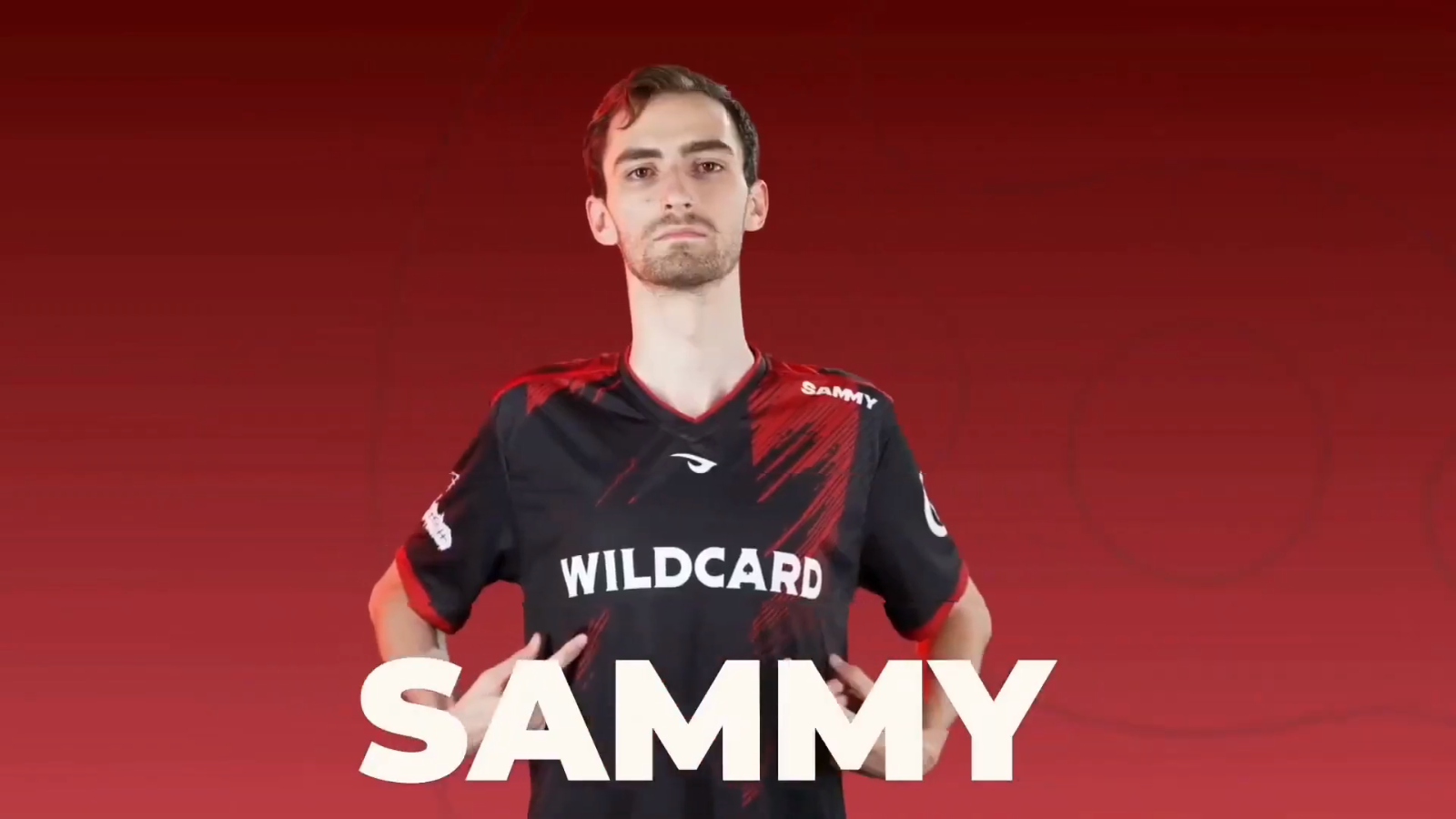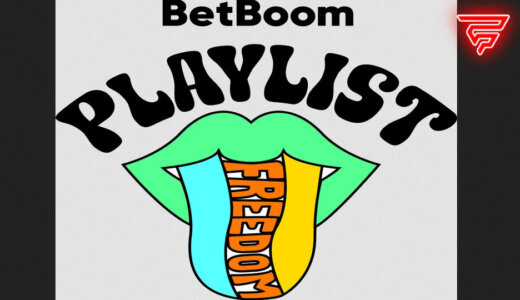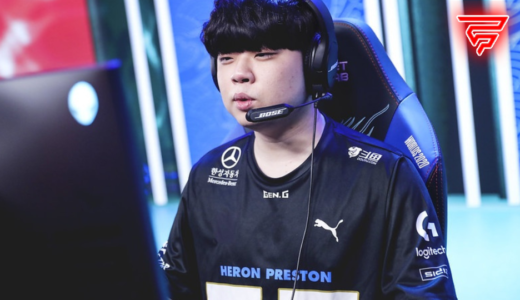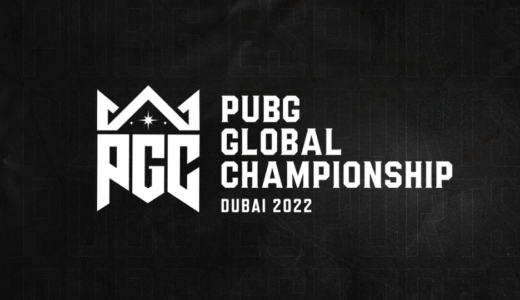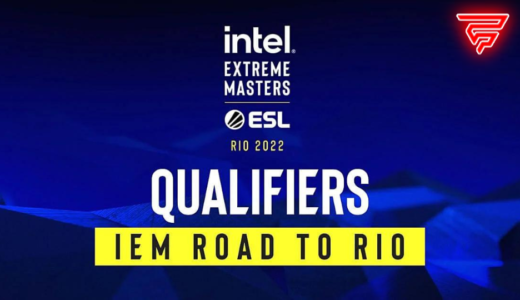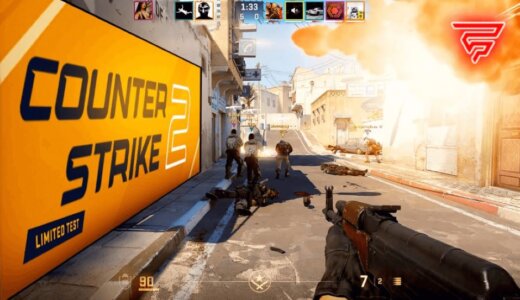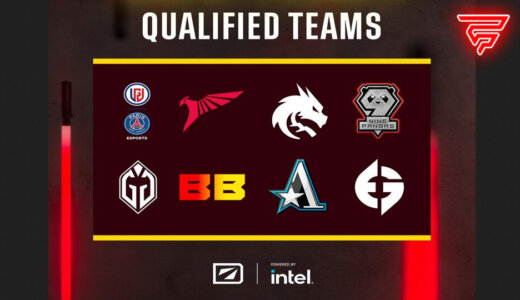In the second part of Fragster’s interview with Wildcard Gaming’s Samuel “Sammyboy” Anderson, he discusses his thoughts on the recent Dota Pro Circuit, what he thinks should be done to correct it, the prize pool for this year’s TI event, and what will dictate the meta for the competition.
Reflecting on 2021-22 DPC
Fragster: One of the biggest subjects regarding yourself heading into this DPC was your switching from carry to the support role. You previously mentioned you had no idea in what you would have to do in order to fit in the role. With your season all wrapped up, do you feel as though you’ve fully accustomed to playing as support?
I think I could play both roles pretty effectively. It just comes from having confidence in myself. I have a lot to offer in terms of my play and leadership. I could offer that to a tier one team so it’s really just about trying to find a position that I can succeed in, whether that be on five or one. It’s just about having confidence and having a strong idea about what your role is in a team and in Dota itself. I think I’ve fully kind of adapted to it. Obviously, I have a long way to go if I want to keep playing five in terms of learning, but going into the future, I could play either role and do well.
‼️‼️ WC x DotA 2 ‼️‼️
Proudly presenting your Wildcard Gaming DotA Roster:
1. @yamsun_dota
2. @dotaesk
3. @DavaiLama
4. @AlexxoDota
5. @SammyboyGGFirst Match in 30 minutes: https://t.co/dG8pth92Br#stackthedeck pic.twitter.com/qR2A659w7g
— Wildcard Gaming (@Wildcard_GG) December 1, 2021
You’ve been one of the most outspoken people when it comes to North American Dota. How have you adapted your communication with the rest of the team? And how do you think they responded to your communication?
It’s just about being confident in your ideas. If you can be confident in your ideas and express them to others in a way they can understand, it’s obviously different for every person. It really is just about the person on the other side of things. As a team, it was more about bringing us together. That was a big focal point where we say things like that ‘win together, lose together, slay together’ line from Ceb. In terms of talking to people individually, it was about trying to figure out what communication style worked best for them. Some people need to be coddled and some people need tough love. It really is a difference in terms of how people will receive the communication.
How would you describe the personalities of each player within your team?
Davai Lama is the most similar to me in a sense that he’s very emotional. He responds to his own emotions so it’s really important when you’re talking to him that you can do so in a very calm manner. You make it calm, you make it composed, you make it more subtle. With the rest of my team, Yves and Alex are actually less emotional and they’re more composed in terms of handling their emotions so I would actually use my emotions to try to bring more out of them. I would use my excitement, passion, or even anger to try to bring their emotions out and get them to be more passionate.
What is one thing that you realized ended up being significant as a support that you never thought of during your days as a carry player?
The big thing that I would say I need to work on is my patience. Going forward in the offseason, that’s what I’m going to be mainly focusing on: trying to be patient. Whether that’s on Position 5 or the carry role, it really does relate to your personality in real life. Dota players tend to play like they are. They play like they are as a person. For me, I’m very confident and I’m very excited. I tweet something and I want to do it instantly. I want to do it fast. I want to be quick. I’m very impulsive as a person and sometimes that impulsiveness can be really good. But that can also be bad. Sometimes I’ll be really impulsive and do something that I shouldn’t do. I’ll say ‘guys, do this,’ and then I’ll walk up a hill and explode.
Don't pause the game against @Wildcard_GG 😏#dota2 #esports @ESLDota2 #ESLOne pic.twitter.com/eVfy4p4CAU
— Fragster.com (@FragsterEN) June 17, 2022
Have you been able to achieve that sort of balance between those aspects this year?
No, honestly. I feel I’ve gotten better. Support has been teaching me a lot about patience in terms of being able to wait for others to do things. At the end of the day, I’m still an impulsive person and it’s something I’m going to have to keep working on and finding that good balance of being able to know when being impulsive is the right thing to do. When I see an opportunity to do something good, I can take it. Also, when I see that the opportunity isn’t so good, I can hold myself down and be patient and wait for a better opportunity.
You talked about possibly going back to Position 1. Are we going to see you back in the role next season?
Yeah, it is kind of realistic. I don’t know what the future holds. I would like to come back with our roster In some sense. It would be nice to give it another go and use the experience we’ve gained together, but I’d also like to play carry again. I have a lot to offer for that role. I have a lot a lot of experience to offer, but it really is just about the offers that I get. I’m gonna try to put myself out there and see if a Tier-1 team will give me an offer to play carry and if they do, I believe I can prove myself. I’ll give them a lot of leadership and confidence. But it really is on if I have an offer that is available for me to play so I really won’t know until the post-TI roster shuffle.
Taking all that into consideration, given your team’s performance throughout the DPC and their subsequent appearance in the T11 LCQ, do you see this season as a success?
Yeah, I’d say it was a success. Overall, we had really good vibes even at the end. It was all smiles at the end so I was very proud of all my teammates.
That said, what will be your biggest takeaway then for both yourself and the team for this season?
My biggest takeaway is to just be confident. Be yourself and live with the result. We didn’t go to a Major and we didn’t qualify for TI, but we all learned a lot. We all improved ourselves and we’re all focused on working on ourselves individually to succeed in Dota. We all have a lot of passion for the game and passion is really important. As long as we keep at it, all of us will succeed whether that’s together or in different teams.
Discussing the DPC & TI11
There has certainly been tons of scrutiny about the DPC this year. You also gave your input as to how the DPC transpired for this season. At this moment in time, with TI still ongoing, is the game at a worse state now than it was before?
The game is at a pretty good state but the esports side of the game is not being handled with the professionalism it deserves. I hope that going forward Valve takes a more professional approach whether that means using their money better. The scene can grow and thrive as long as Valve treats it with the professionalism it deserves and invest the money required to make it happen. The teams have shown some of the highest-skilled Dota we’ve ever seen so I have a positive outlook towards what Dota can be and it really is just on Valve to put the effort in. Hire people to make it happen to make esports [more viable]. These other esports have crews and staffs working on their esport to make it happen and succeed and Dota has very little of that. I just hope that Valve puts more investment and sees what the scene could be.
Hope the Dota 2 community speaks up including talent/pros.
It is hard to fight back against the hand that feeds but it is necessary if we ever want real change.
Battlepass sucks, PGL sucks, betting sponsor for TI sucks… don't get me started on the greed.
Dota belongs to us.
— Sammy (@SammyboyGG) September 2, 2022
The current prize pool for TI is estimated to be around $17 million, which is much lower than last year’s edition. It’s a much smaller amount than it was last year. What do you think about that?
The prize pool for TI doesn’t really matter. If anything, the prize pool being smaller is completely fine and it’s probably healthier. But it’s only really healthier if that money actually gets invested into DPC. You look at League and they pay all their players a salary just for participating in their league system. Paying everyone for participating in DPC is already a step in the right direction, but I think Majors could have an increased prize pool. On the production side, more money should be going towards that. Even in the leagues, more money could be invested in them to help incentivize players to keep playing and be able to bet on themselves. Ideally, there could be some sort of player union. That’s obviously where real sports have came to, right? There’s a player union that has a bargaining agreement between the actual league organizers and the players that are playing in it. Ideally, we just work towards eventually becoming more of a real sport, having a players union, and a real and sustainable ecosystem for everybody, not just the organizers.
In addition to the team’s participation in the LCQ, TI11 is ongoing at the time of this interview. As someone who has already played with two of the teams that are taking part in the tournament, what do you think will dictate the general meta for this competition?
Marci, Primal Beast–the new heroes are pretty broken. We’re going to be seeing a lot of teamfights as well. Dota is pretty teamfight heavy right now. You’ll see a lot of Enigma and Shadow Fiend to an extent. It really is just about having strong heroes that are pretty functional in a lot of points in the draft. They either have a lot of utility in terms of their teamfight, they have a lot of flexibility in terms of what they can do in the game, or they have just a lot of power. Marcy’s ult will solo kill anyone in the game at around 20 minutes. The meta in the LCQ actually ended up being maybe a little better than the current TI meta because the teams that won the event were a bit ahead of the teams that are coming into the tournament now, but obviously the meta will develop as the tournament goes on.
Header: alexxodota2/Instagram
